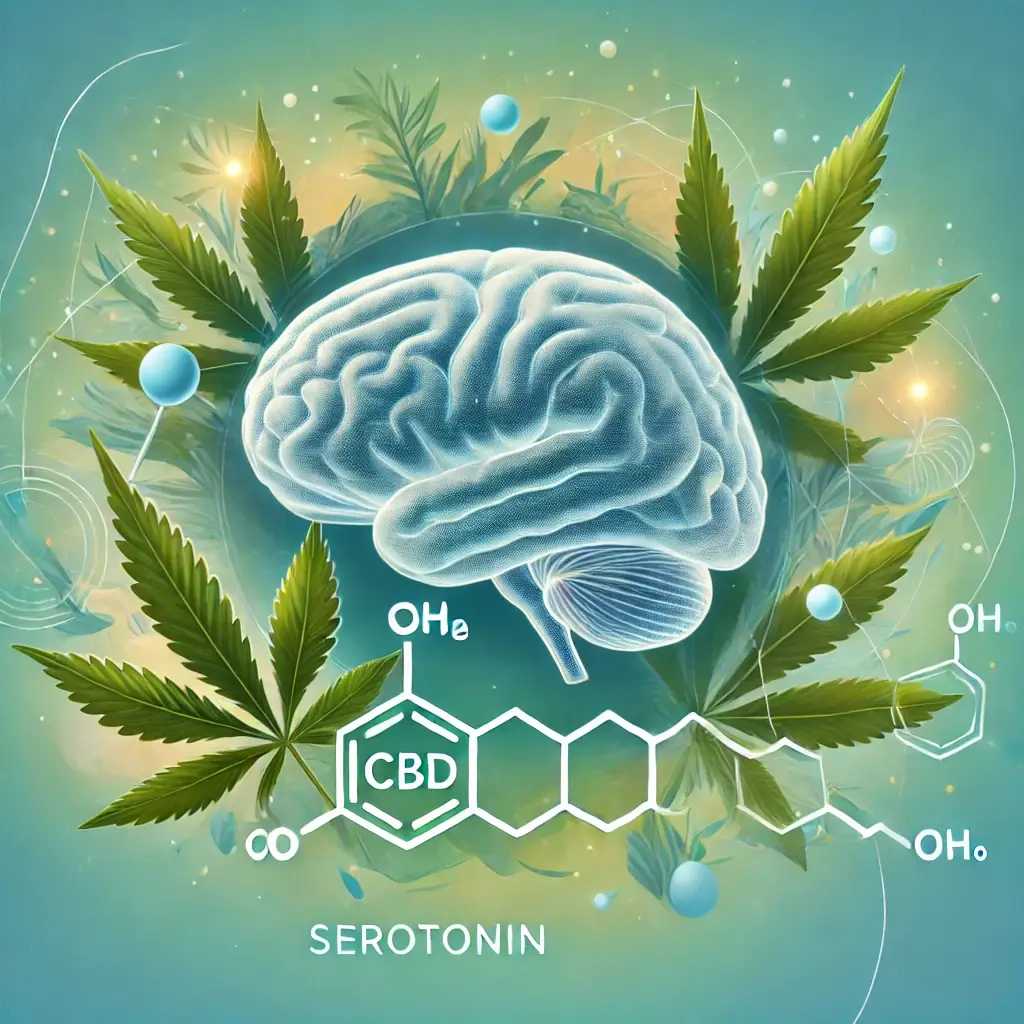Will Cannabidiol Get You High?
Cannabidiol, or CBD, is a primary chemical component of cannabis sativa. Although it does not cause drunkenness, it may provide pain relief and anti-anxiety benefits. It is generally well tolerated and does not affect breathing or other vital signs. It does not interact with the vast majority of medications on the market and is not addictive either.
Indeed, multiple studies have demonstrated that CBD has the potential to reduce the risk of withdrawal symptoms in patients suffering from opioid use disorder. However, additional research is required to corroborate these findings.
You may find CBD in a range of products. When a dosage is chosen, some can be taken orally once a day. In contrast, others are oils or tinctures that can be dripped beneath the tongue (sublingually) for immediate absorption into the bloodstream. Most consumers report experiencing the effects of these products within 15 to 45 minutes after ingesting them.
CBD is neither a pharmaceutical nor a nutritional supplement
Although it is technically possible to vape CBD oil or liquids, doing so exposes users to hazardous byproducts that may worsen lung inflammation. Because CBD is neither a pharmaceutical nor a nutritional supplement, experts advise caution when choosing an inhalation product and urge consumers to support only legitimate firms.
Arthritis symptoms include joint pain and stiffness, which many people report getting relief from after using CBD. Arthritis is more common among the elderly and people with chronic conditions like rheumatoid arthritis or fibromyalgia, although it can affect anyone at any age. Cannabidiol (CBD) has shown potential in treating chronic pain, which can significantly impact a person’s everyday life.
CBD exerts its effects via interacting with the endocannabinoid system (ECS). This system is made up of endogenous cannabinoid ligands (substances found in your body that are similar to CBD) and two receptors, cannabinoid 1 (CB1) and cannabinoid 2 (CB2). When they engage with the receptors, they alter various processes, including mood, sleep, and pain perception.
CBD not only binds to some receptors but also modifies their activity.
Some doctors believe that faults in the endocannabinoid system or low levels of endogenous cannabinoids cause several symptoms, including headaches, fibromyalgia, and rheumatoid arthritis. The terminology for this condition is clinical endocannabinoid deficiency.
We still don’t know how CBD works to treat certain illnesses. However, it appears to inhibit the function of several enzymes that degrade endocannabinoids, suggesting that your body’s supply of these chemicals may be reduced. CBD not only binds to some receptors but also modifies their activity.
According to research, cannabidiol (CBD) may help with memory, concentration, and learning. It has also shown symptomatic improvement in a range of mental health disorders, such as melancholy and anxiety. According to some research, it may help reduce symptoms of schizophrenia and psychosis.
The FDA has not reviewed these claims. These commodities cannot detect, treat, cure, or prevent sickness.













